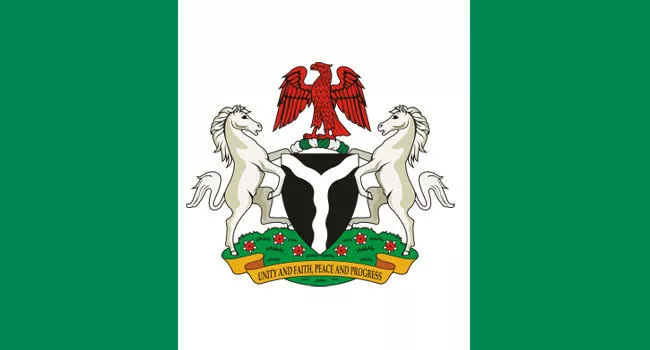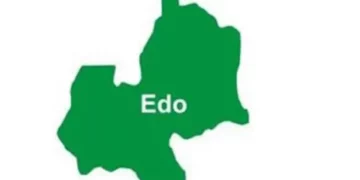Prominent virologist and public health expert, Prof. Oyewale Tomori, has called for a change in how Africa approaches its development challenges, urging a focus on homegrown solutions rather than dependence on foreign aid.
Speaking at the 2024 African Virology Conference in Abuja, themed “Trends in Emerging and Re-emerging Viruses,” Prof. Tomori highlighted the need for African nations to confront inefficiencies, curb corruption, and invest in sustainable, locally-driven initiatives.
“Africa is not resource-limited but resource-wasteful and corruption-constrained,” he remarked, emphasising the urgency of taking ownership of the continent’s developmental trajectory.
Tomori warned that reliance on external aid erodes Africa’s self-reliance and independence. “If we continue to see ourselves as handicapped, we will keep begging. Instead, we must address inefficiencies, waste, and corruption to realize the potential of our abundant resources,” he said.
Using vivid metaphors like a “masquerade in a hospital,” Tomori called for transparency in tackling Africa’s challenges. “We need to stop undressing our issues and start addressing them. Remove the mask, understand the problem, and tackle it head-on,” he urged.
Reflecting on global disparities, Tomori cited the unequal distribution of COVID-19 vaccines as a lesson for Africa. He posed a provocative question: “If we had developed the vaccine, would we have shared it while others were dying?”
He al so addressed Africa’s persistent struggle to retain talent, pointing out that poor working environments drive professionals abroad. “We build capacity but fail at retention.
It’s our responsibility to create an enabling environment for our people to thrive,” he said.
Drawing inspiration from India, Tomori praised the country’s transformation from a developing nation to a global leader in vaccine production. “India now produces 60% of the world’s vaccines because they built capacity, fostered innovation, and created the right environment. Africa must do the same,” he added.
Tomori further challenged African nations to reflect on their progress after decades of foreign aid and independence. “After 30 years of aid and 60 years of independence, why can’t we take care of ourselves? Something is wrong with our approach—or the help we are receiving,” he concluded.
Dr. Walter Molumbo, the WHO Country Representative for Nigeria, emphasised the importance of robust surveillance and collaboration in addressing viral threats. He highlighted how globalization and climate change have driven the emergence of new diseases, requiring enhanced surveillance, rapid diagnostics, and targeted interventions.
“The WHO remains committed to supporting governments in strengthening health systems and ensuring real-time outbreak responses,” Molumbo said, commending Nigeria’s success in eradicating wild polio and urging continued vigilance against diseases like MPOX, Yellow Fever, and vaccine-derived polioviruses.
Dr. Jide Idris, Director General of the Nigeria Centre for Disease Control (NCDC), noted the complexity of managing emerging viruses caused by the interplay of societal, environmental, and biological factors. “Early detection, vaccine development, and international collaboration are critical in tackling these challenges,” he said.











